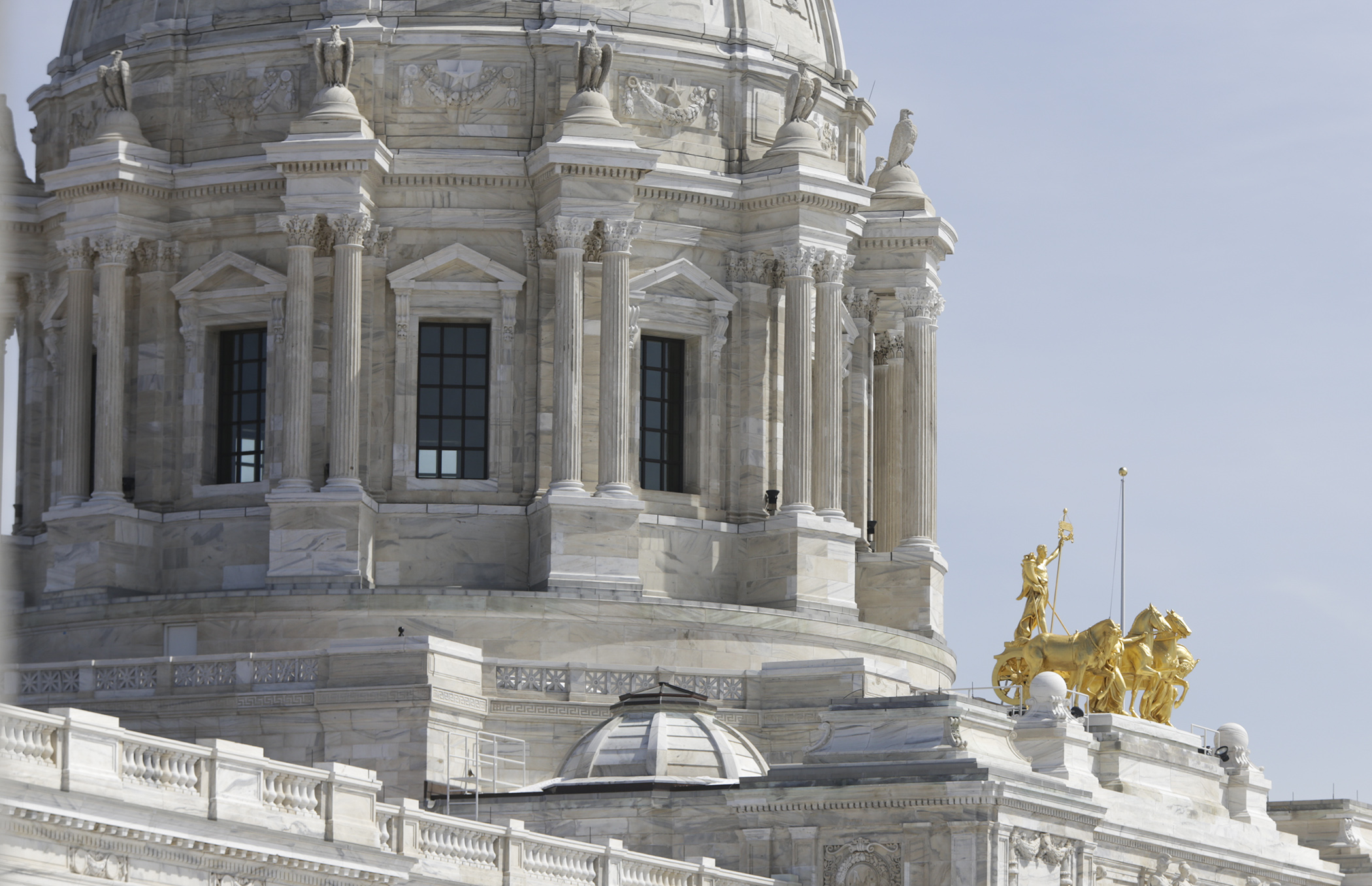Racial equity impact note could be needed for proposed legislation

Fiscal notes are prepared for many bills going through the legislative process to see the potential cost of change.
Rep. Samantha Vang (DFL-Brooklyn Center) proffers a plan to find a way to look at benefits and costs that are not about dollars and cents.
She sponsors HF2297 that, as amended, would require the Legislative Budget Office, upon request from a committee’s chair or ranking minority party member, to coordinate completion of a racial equity impact note that would, in part, asses the racial impact of proposed legislation and articulate potential impact on “furthering inclusive economic growth.”
It would also need to “specify any long-range implication to advancing racial equity and or economic parity for undercapitalized Black, Hispanic, Asian or Pacific Islander, and American Indian or Alaskan Native people.”
The bill was held over Thursday by the House State Government Finance and Elections Committee for possible omnibus bill inclusion.
“There is a cost to racism,” Vang said. “This will help us as legislators see opportunity costs to our state if these disparities continue to persist, and just as importantly, opportunity gained when we work on legislation to close our disparities.”
Rep. Andrew Carlson (DFL-Bloomington) said the bill is necessary and long overdue.
“Having that information available for decision making, for very important decision making, is crucial. And right now it is completely missing from our conversation,” he said.
A 16-member Racial Equity Impact Assessment Working Group would be established to develop recommendations for the required contents of a racial equity impact note and the process for agencies to generate one. Half the members would need to be affiliated with community organizations that represent people of color and indigenous communities.
A yet-to-be-determined amount from the General Fund in fiscal year 2022 would fund the working group activity.
“I don’t think it’ll cost much,” Vang said.
Rep. Jon Koznick (R-Lakeville) calls the intent “noble,” but said it would grow government when three state ethnic councils currently exist: Council for Minnesotans of African Heritage, Council on Latino Affairs and Indian Affairs Council.
“It is their charge to advise the Legislature what the impacts are to different communities,” he said. “… There’s nothing to prevent the ethnic councils to do a better job of advising the Legislature, of saying ‘Hey, have you thought of this?’”
Sen. Bobby Joe Champion (DFL-Mpls) sponsors the companion, SF2081, which awaits action by the Senate State Government Finance and Policy and Elections Committee.
Related Articles
Search Session Daily
Advanced Search OptionsPriority Dailies
Legislative leaders set 2026 committee deadlines
By Lisa Kaczke Legislative leaders on Tuesday officially set the timeline for getting bills through the committee process during the upcoming 2026 session.
Here are the three deadlines for...
Legislative leaders on Tuesday officially set the timeline for getting bills through the committee process during the upcoming 2026 session.
Here are the three deadlines for...
